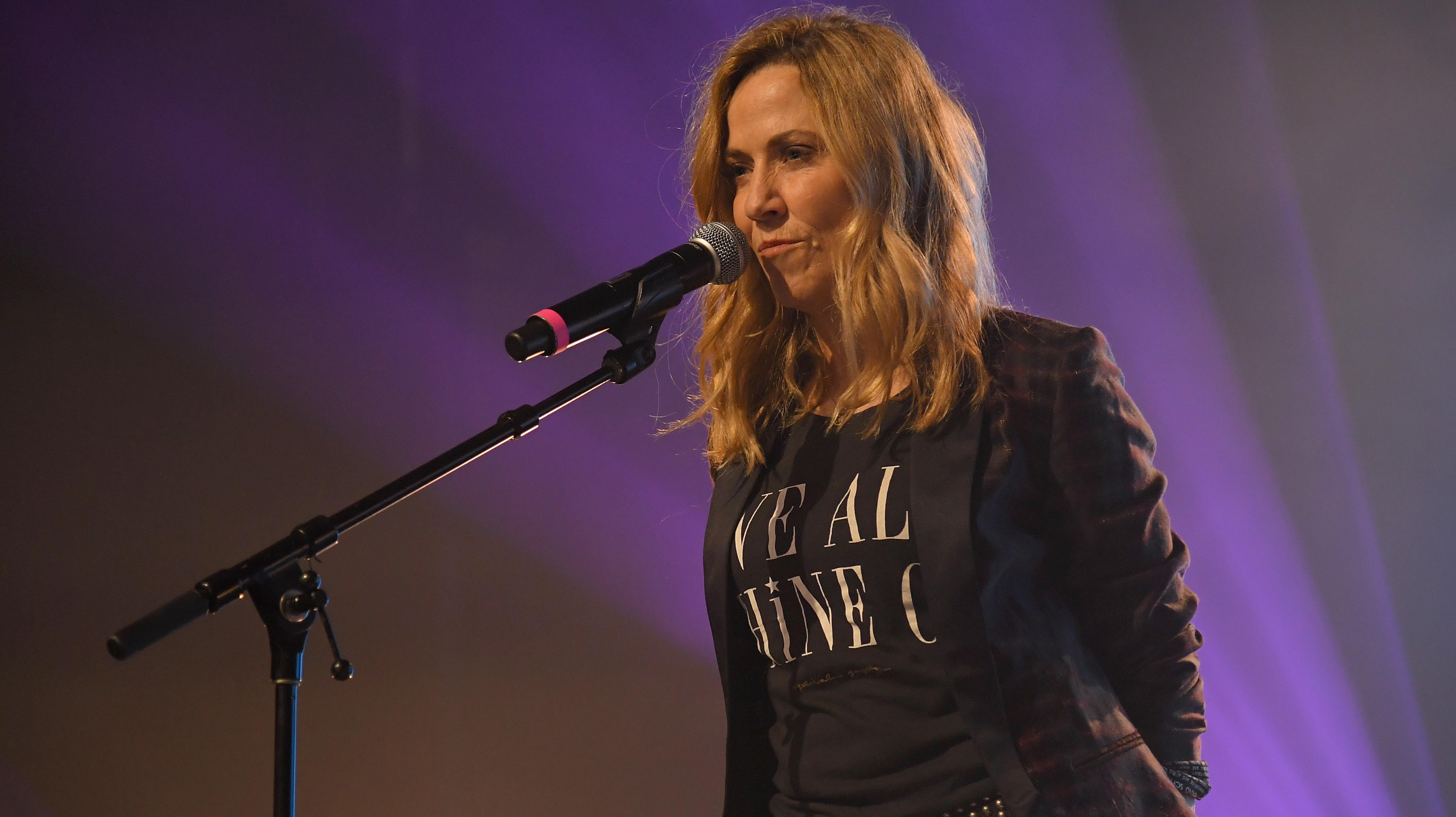Sheryl Crow says Michael Jackson's manager sexually harassed her
For the first time, Crow opens up about her experiences on tour with Jackson

Sheryl Crow was 25 when she auditioned to open for Michael Jackson’s first solo tour. Opening for the King of Pop on his 1987 Bad world tour, she performed before tens of thousands of fans every night, sharing the stage with the biggest star in the world. But in her new memoir, Words + Music, Crow divulges the harassment she experienced from Jackson’s manager Frank DiLeo, who died in 2011 at age 63.
In an interview with the Independent, Crow says that she sustained near-constant sexual harassment with DiLeo, who attempted to bully her into sexual situations through threats of career sabotage. In the press, Crow says, DiLeo planted stories about her, enacting revenge for denying his advances. Crow didn’t speak out publicly at the time but worked her experiences into her music. Two songs on 1993 debut feature allusions to DiLeo. “What I Can Do For You” is written from an abuser’s perspective, and “The Na-Na Song” mentions him by name with the lines: “Frank DiLeo’s dong / Maybe if I’d have let him I’d have had a hit song.”
“It’s really interesting to go back and revisit some of this old stuff and the experiences that went along with it, and then to compare it with where we are now,” Crow told Independent. “To be able to play that stuff about the long bout of sexual harassment I endured during the Michael Jackson tour and to talk about it in the midst of the MeToo movement… it feels like we’ve come a long way, but it doesn’t feel like we’re quite there yet.”









![Rob Reiner's son booked for murder amid homicide investigation [Updated]](https://img.pastemagazine.com/wp-content/avuploads/2025/12/15131025/MixCollage-15-Dec-2025-01-10-PM-9121.jpg)

























![HBO teases new Euphoria, Larry David, and much more in 2026 sizzle reel [Updated]](https://img.pastemagazine.com/wp-content/avuploads/2025/12/12100344/MixCollage-12-Dec-2025-09-56-AM-9137.jpg)




